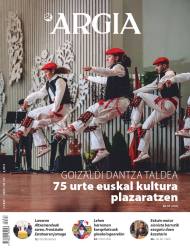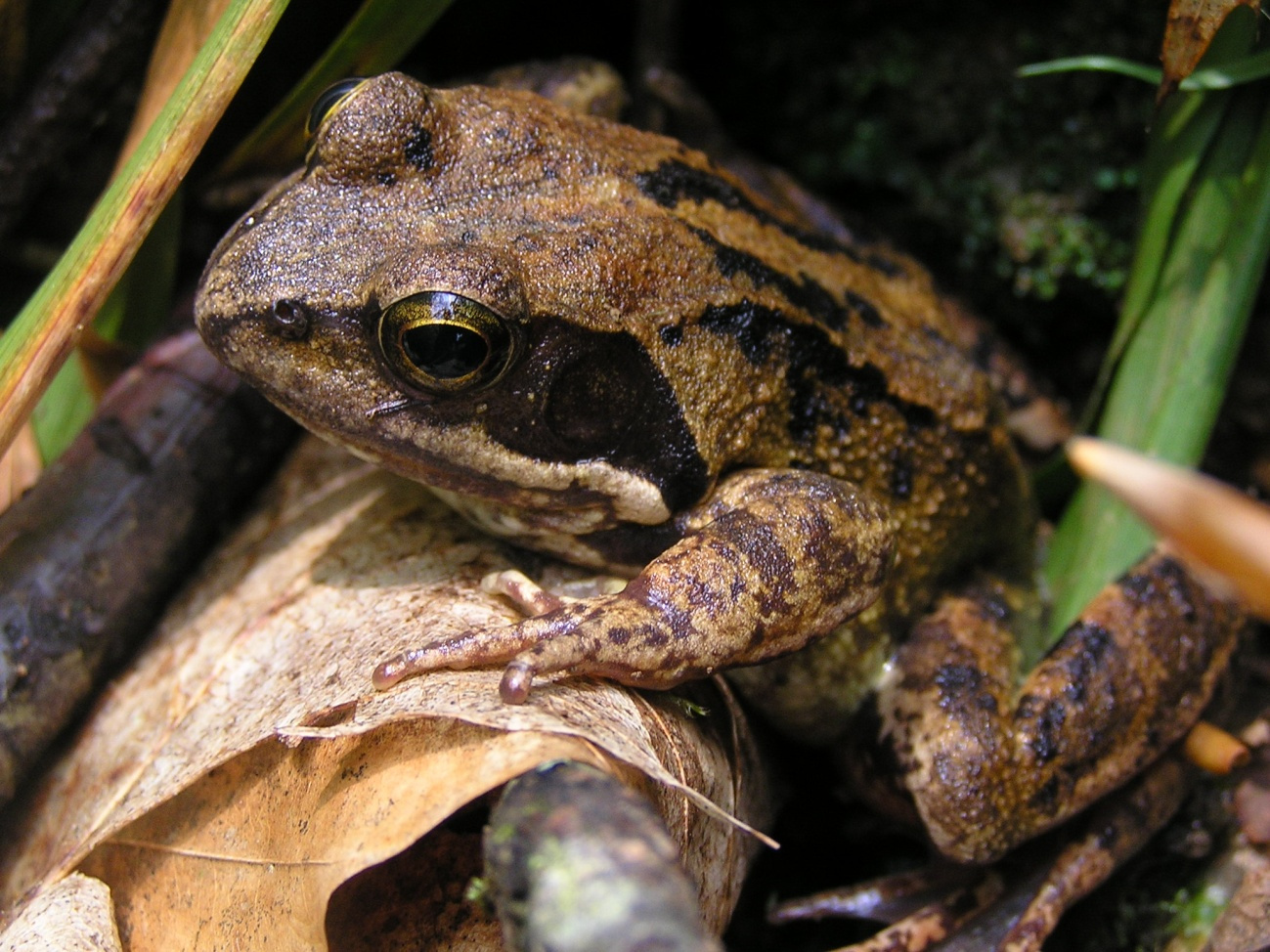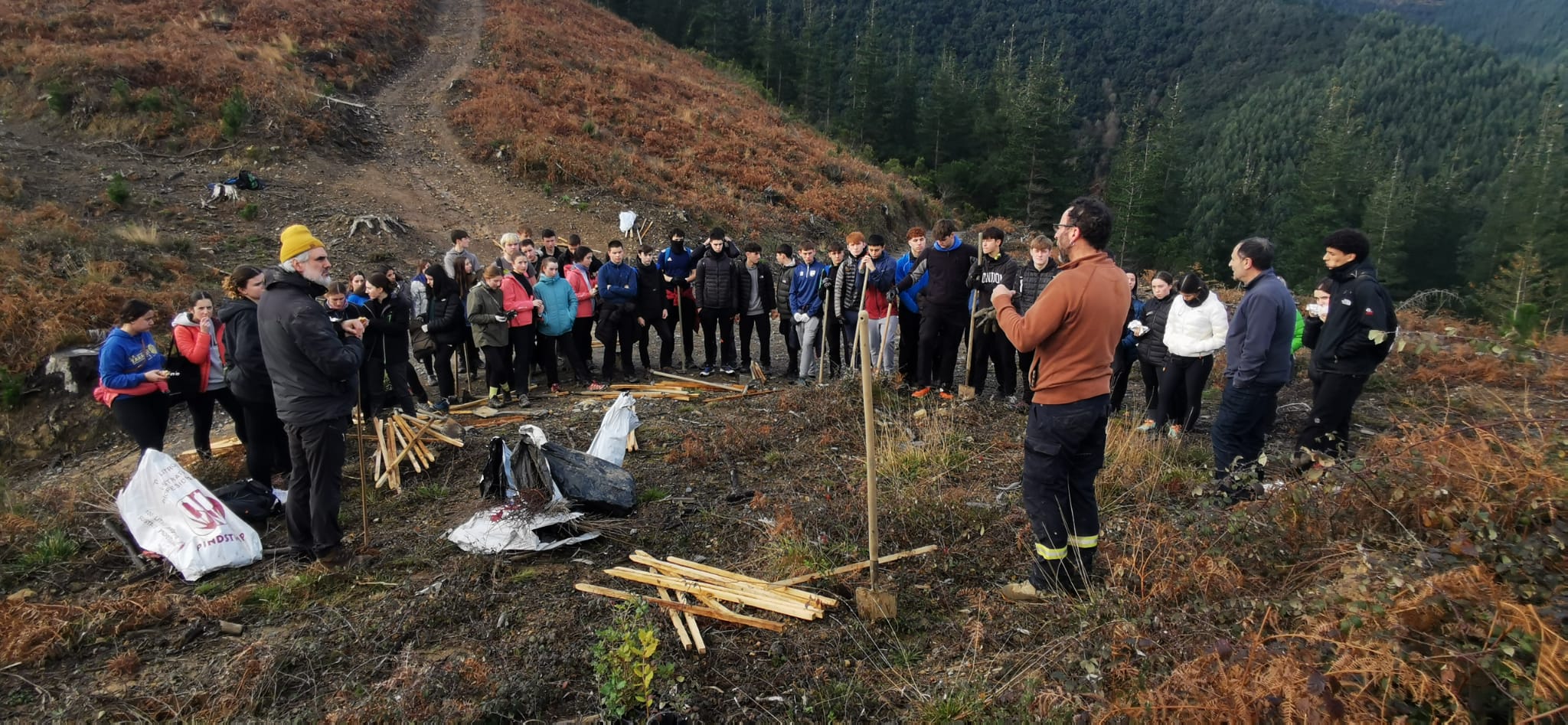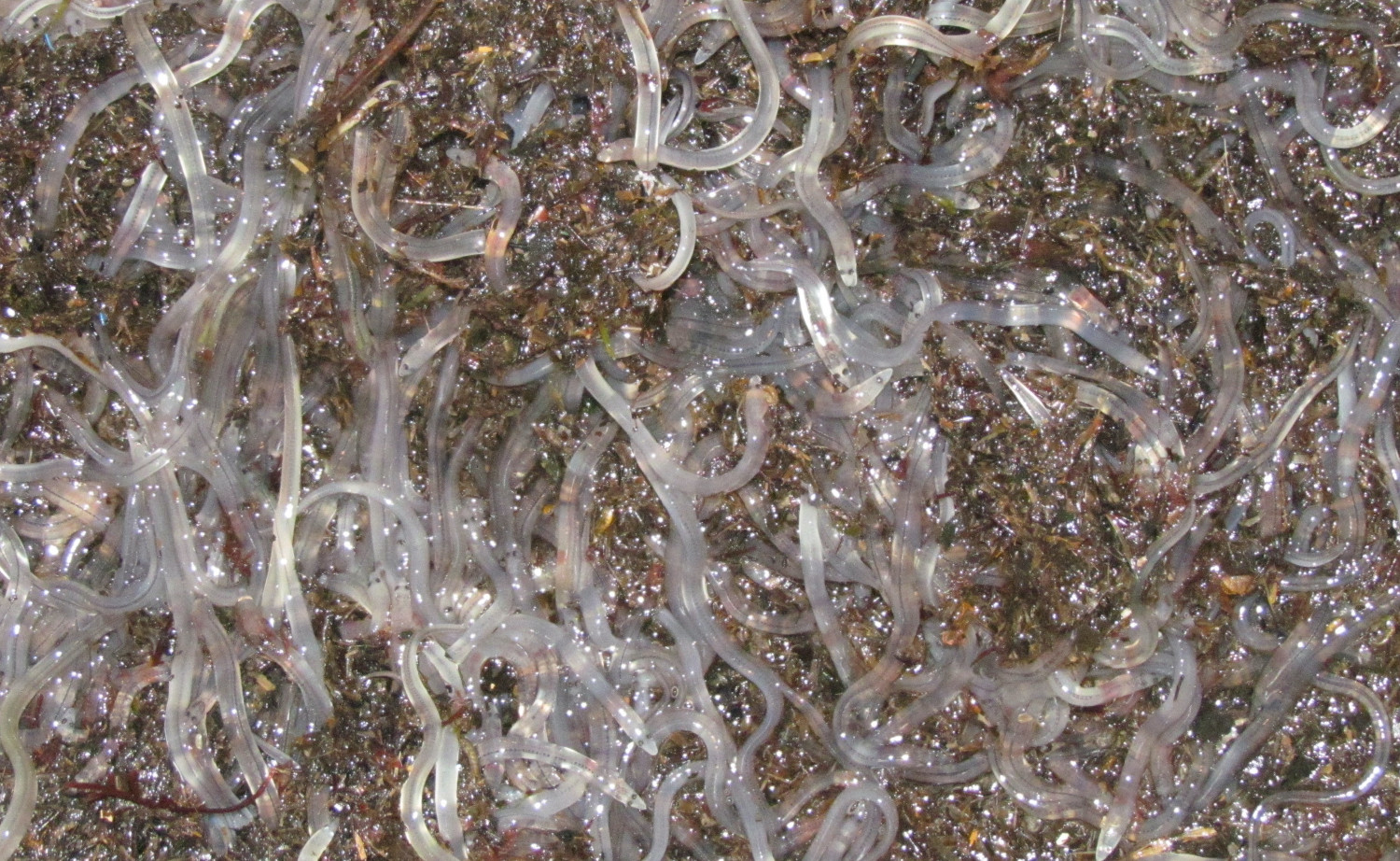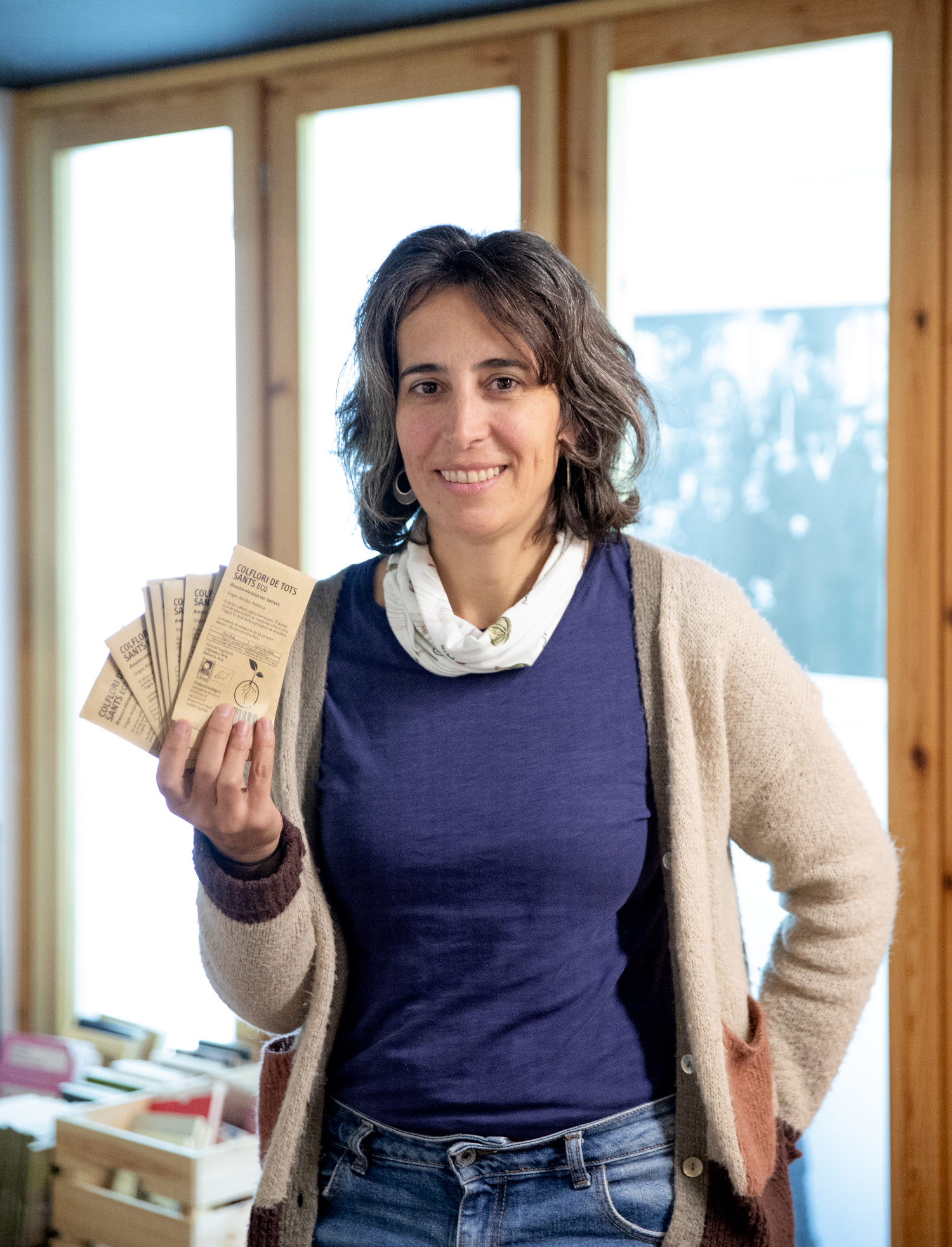“A culture of plant use is being created”
- Since its birth, the naturopath Laura Gurbindo has maintained a close relationship with plants (Pamplona, 1962). Thanks to his family he has known the medicinal plants, and thanks to them he lives literally, but thanks to them he lives his trade around them. Offers identification and management courses for medicinal plants. It recommends that caution be exercised when treating several toxic medicinal plants. He also believes that natural medicine is increasingly being used: “Many people who come to the consultation take plants in addition to medicines, so doctors want to know more and more about plants.”
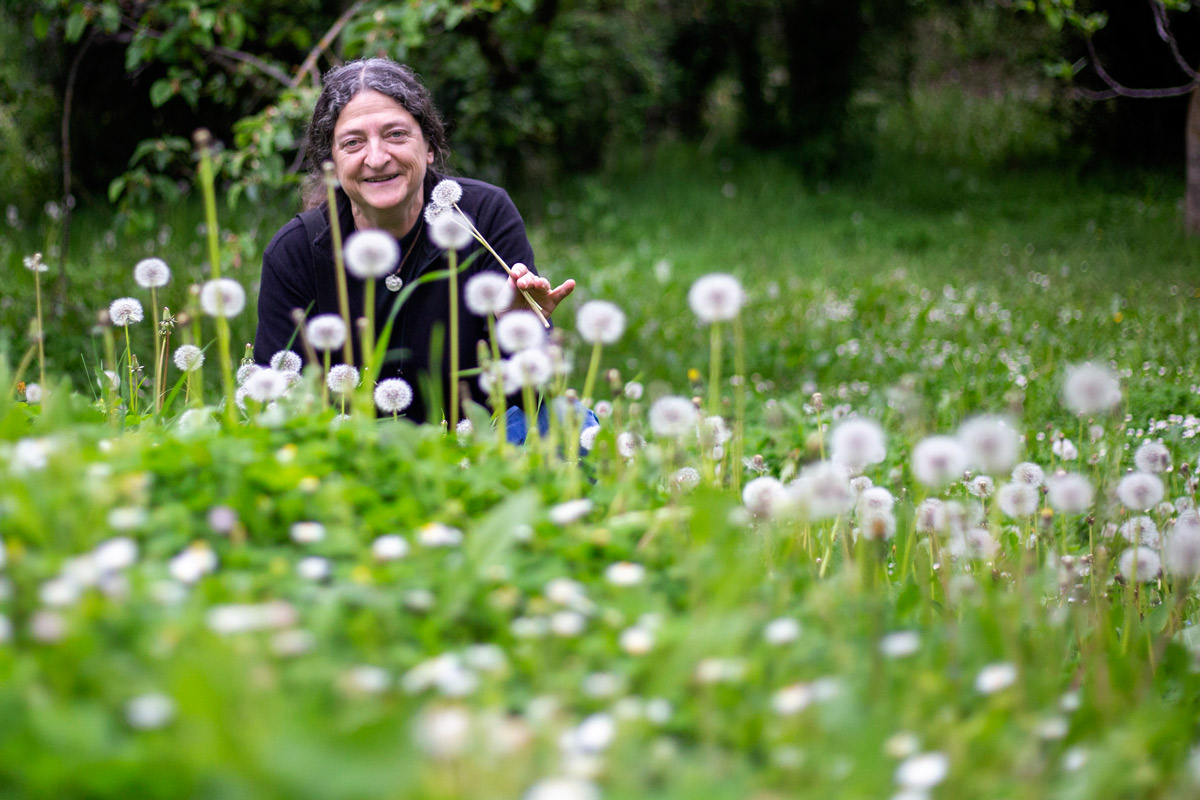
Medicinal plants now flourish in spring. Where should we go? Any place to develop
knowledge is good. In Navarra we have many ecosystems within a few kilometers and we can find over 200 species. So there are as many as you want to see, know and choose, but another thing is to find clean places to receive medicinal plants. Away from roads, in unsmoked meadows, away from industrial sites and out of cities. Otherwise, the alternative is organic farming.
Does it make organic farming?
No, I don't. As I need few medicinal plants, I get wild plants.
You are an expert in medicinal plants, also a professor. Make excursions to identify species. How are they?
If we look for plant long ago. If the area is clean and clean, you can take medicinal plants for use or you can take them to develop knowledge and put them in herbarium. I also explain properties, uses, contraindications and dosage.
Can medicinal plants harm health?
If you're going to get poisoned, you can get poisoned, but it's not as easy as mushrooms. In the case of mushrooms, people usually take what is at their fingertips without consulting the book. There are people who want to intoxicate themselves voluntarily and others do so involuntarily.

Are you intentionally saying it because you're trying to get high?
Yes, and unfortunately this has had serious consequences. Many have ended up in prison or psychiatric detention. Fortunately, more and more people want to make good use of it.
So, can misinformation lead to misuse?
Yes, but misinformation is a system problem. If a plant is not registered at the time of sale, it cannot add the package leaflet, it cannot explain how much to use, what to mix with and what not. There are very few medicinal plants registered, it is very expensive and large laboratories with money do not have much interest. If you are researched, you may know if a certain plant can be taken if you are taking a chemical medicine. On the contrary, it is sometimes good to take herbs to eliminate the toxins from some medicines.
"If you're going to get poisoned, you can get poisoned, but it's not as easy as mushrooms."
Do you need to combine natural and chemical medicines?
Yes, we have to keep throwing. With plants, we don't get it as much as we want, because we still have to learn a lot, but drugs don't fully meet the needs either. For example, some drugs are eliminated every year because they have harmful effects; perhaps, by combining them, a more optimal result can be achieved.
Do you think there is an interest in medicinal plants by health personnel?Today, many people who go to the clinic take plants in addition to medicines, so doctors want
to know more and more about plants. Doctors also recommend plants, before it was said that doctors were against plants, but that is very old.
Do you feel the need to explain what naturopathy is?You have to explain less
and feel more. We don't have to pay as much attention to the meaning of natural medicine, but we have to get closer to nature to get to know each other and catch up.
"People are more open than they were 30 years ago. Before, there were few infusions in bars"
What historical trajectory have medicinal plants had?
First there was nothing else, people lived in villages and plants were nearby. But now people live in the city, and a couple of generations have lost their relationship to plants. Our grandmothers used medicinal plants, but the next two generations have lost it. Today we are recovering what has been lost, but we lack much to learn and research. There are many plants that we don't know.
Is the use also growing?
People are more open than they were 30 years ago. Before there were few infusions in bars; mint, chamomile and little more. Now there are a dozen infusions. This means that a culture is being created around the use of plants. Especially among women, about 90% of infusions are women.
Have women brought knowledge about plants?
Yes, because for many years it has been women who have taken care of them. Men gradually enter the distribution of care. Although society has changed, more needs to be changed.
On plants
“Since we were young we used plants at home and as I grew up I wanted to learn more. Since I was very young I have lived close to several deaths because there have been many diseases in my environment; somehow, the issue of health has always affected me. So I started studying with my family and then taking courses. In addition, a small plant saved my life when I was about to die from the cough of the cubes. The doctor couldn't see any way out. Fortunately, now, that’s why I’m turning around.”









